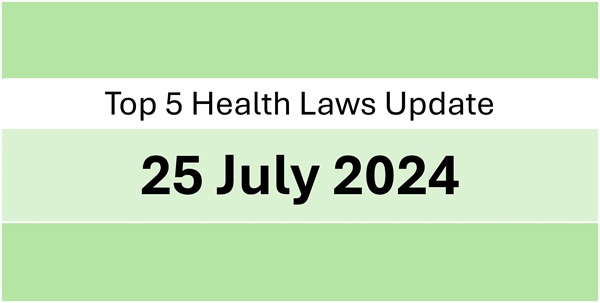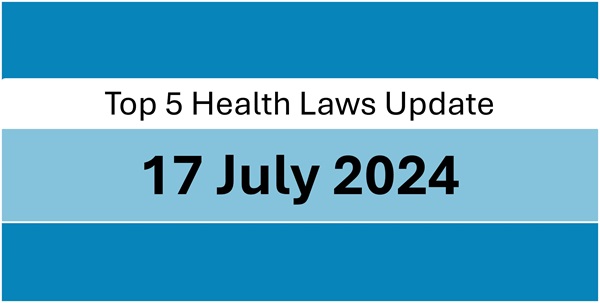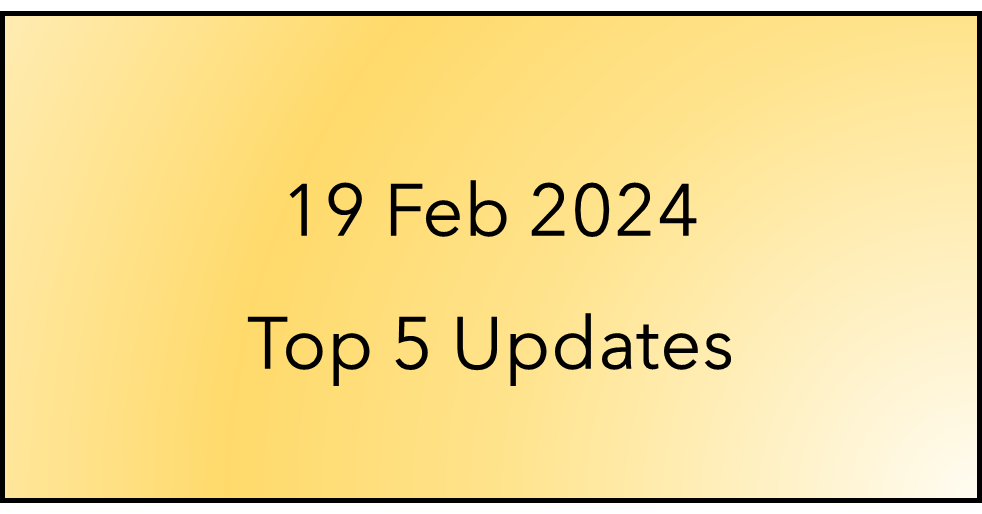Dear Reader, we are happy to share the most interesting legal and policy updates concerning health industry that we read today. We hope you enjoy reading it.
1. In its recent annual Budget announcement, the central government has proposed to waive customs tariffs on three additional drugs, used in treatment of cancer.
Source: bit.ly/4dinoSC
2. The Bombay High Court held a Director of a chemical manufacturer criminally liable for export of controlled substances from the country, holding that all officers of companies should keep themselves abreast of the latest regulations, and being ignorant of new notified compliance cannot excuse liability.
Source: bit.ly/46iRp22
3. The Madras High Court stayed a suspension order issued against a branch of a major fast food chain, holding that suspension cannot be ordered without giving an opportunity to improve its practices in pursuance of an Improvement Notice issued under Sec. 32(1) of the Food Safety Standards Act, 2006.
Source: bit.ly/3LFGne4
4. The Ethics and Medical Registration Board of the National Medical Commission of India, the country’s premier regulator of the medical profession has recently issued a decision proposing to expand the scope of qualified Doctors that may now be permitted to undertake spinal surgery. While previously only neurology specialists were permitted to operate on the spine, orthopedic specialists may also undertake the same with existing qualifications.
Source: bit.ly/46s1oCn
5. An appeals courts of the United States has rejected the petition of several US states against the reclassification of contraceptive medication, holding that no grounds were established to prove actual harm suffered by the State governments. as claimed.
Source: bit.ly/3zZpdFC



